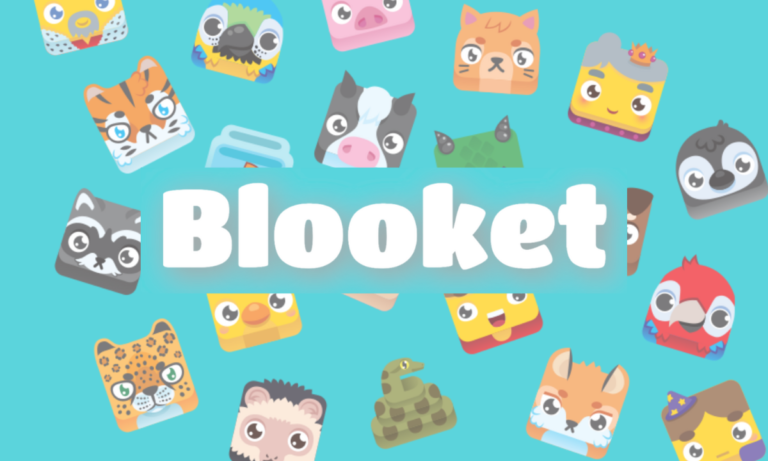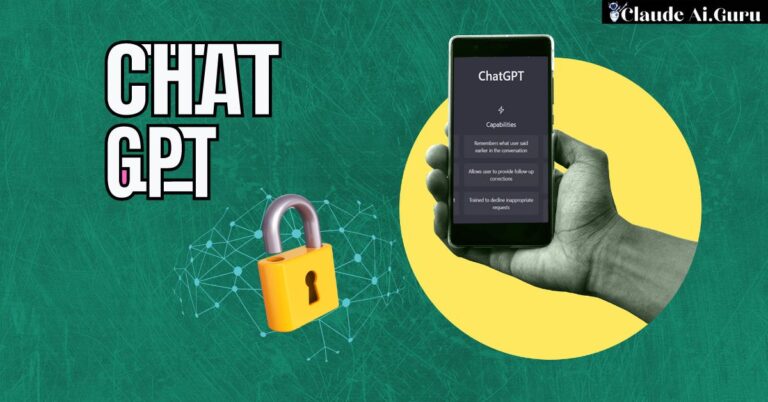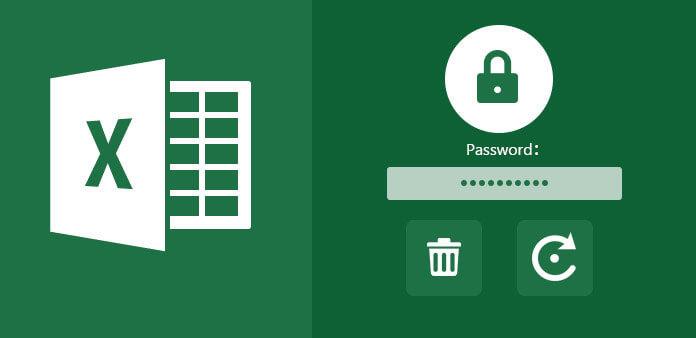How To Use AI To Ace Your Chemistry Exams
Higher education helps students develop concrete academic skills, such as assimilating information, using logic and evidence to support their claims, and expressing their thoughts clearly and coherently. These skills apply to other parts of life, notably professional settings. AI tools can’t replace critical thinking or the development of scholarly arguments and subject knowledge that provides the foundation of university education, but they can become invaluable resources for students who aim to enhance their learning experience.
As you embark on the journey to ace your chemistry exams, you must go through many readings, videos, and slides, which can seem too much to handle. There’s no reason to be afraid or worried because you can find relief (and a sense of balance). Artificial intelligence (AI), now an essential part of our digital lives, can help you study more effectively, so if you’re feeling stressed about your exams, continue reading to discover how to leverage technology to enhance your academic experience.
Pick Out The Important Information To Create A Recap
Chemistry tuition is no longer the preserve of the wealthy, but used across society. Arrive prepared for your tutoring session with appropriate questions. During your studies, it’s inevitable to come across dense and difficult texts that will put your reading skills to the test. Whether it’s a few pages or an entire book, stress might accumulate and pile up on you, so if you’re feeling snowed under the amount of reading you must complete, use AI summarization tools to extract key information and generate summaries. Science books are great for expanding your knowledge, but summarizing any piece of information you find takes time and effort.
AI summarization exploits machine learning models to create a concise outline of text, documents, and so on, prioritizing important sentences, phrases, and concepts based on relevance and frequency. Claude.ai, for instance, summarizes text right away, so the next time you receive a 100-page document, use it to retain the key context. It may provide different summaries for the same PDF when given the same command, yet each summary is still unerring. The AI assistant works best on factual, expository articles and academic texts.
Write Effectively To Make A Difference
Writing assignments force students to work throughout the year, so it’s possible to identify problems ahead of time, which can prove to be valuable if something goes wrong in the chemistry exams. Generally speaking, essays contribute to a maximum of 15% of the final mark. It can’t be more than that because there’s no guarantee the work submitted is the student’s own, so they simply serve as entrance requirements for the exam. Writing an essay takes time, so things can’t come together relatively quickly.
AI can accelerate the process by automating research, proofreading, and even generating content ideas, sparking lateral thinking. Attention must be paid to the fact that using AI chatbots to write your article is considered plagiarism, so tempting it might be to cheat, give appropriate credit, no matter how the work was obtained to fulfill your academic requirements. The tools you use to check your writing are okay. Examples include the Grammarly app and the autocorrect feature in Google Docs. Using the output of a machine means engaging in plagiarism.
Create A Study Plan To Ensure Increased Productivity
A well-structured plan helps you break down the course material into manageable bits, and by allocating time to each section, you can avoid cramming, which can lead to stress, lowered comprehension, and poor performance. In the pursuit of excellence, time management is of the essence. Use an AI tool to make the most of your available time and academic resources and navigate the complexities of subjects, assignments, and deadlines. By optimally distributing your time, each minute is productive and fruitful. Plus, the feeling of being in control helps you cope with exam pressure.
Fit In Some Final Revision Before The Exam
Reviewing helps identify and correct mistakes or misconceptions you might have had in the nick of time, so go over what you’ve learned if you want the knowledge to really sink in. The more valuable/complex the information is, the more effort you need to put in. Procrastination, not getting enough exercise, and even arrogance can lead to last-minute cramming and increased stress levels. Quizzing yourself helps identify knowledge gaps, not to mention that you get used to the exam format to reduce anxiety and reinforce retention and speed of recall.
Using Quizlet, you can create flashcards, quizzes, and games, meaning you can study the same information in various forms. It’s more effective than looking over your notes. Multiple-choice questions help you get through more in less time, but make sure to recall the right answer before looking at the solution. You won’t get much done on your bed or sofa, so set yourself up at a desk or spend a couple of hours studying on campus.
Practice Providing Feedback To Others
You can help your fellow students by supporting them in learning and preparing for chemistry exams. Provide balanced feedback regarding strengths and opportunities for growth; try to include examples to highlight your statements and avoid using general comments that may be of limited use. Through interaction with others, you can foster critical thinking and self-reflection. Even if AI feedback isn’t a substitute for real work, it can be a useful complement. You can support fellow students by providing them with a prompt to give the AI (OpenAI’s ChatGPT4 or Microsoft’s Bing Chat) that will produce targeted feedback.
Wrapping It Up
AI is widely accepted in numerous industries, and education is no exception. With the rapid advancement of technology, AI tools have emerged as priceless resources for university students as they provide personalized learning experiences so they can manage and organize their work more efficiently. If you’re still studying with your textbook and flashcards, you’re missing out on a lot. It’s vital to understand the capabilities and limitations of AI. Teachers can request transparency and accountability whenever students use AI tools.
All in all, you’re here to progress, and you do that through learning, so if you find it too difficult, use technology to adjust. Don’t use AI to cheat in school.






